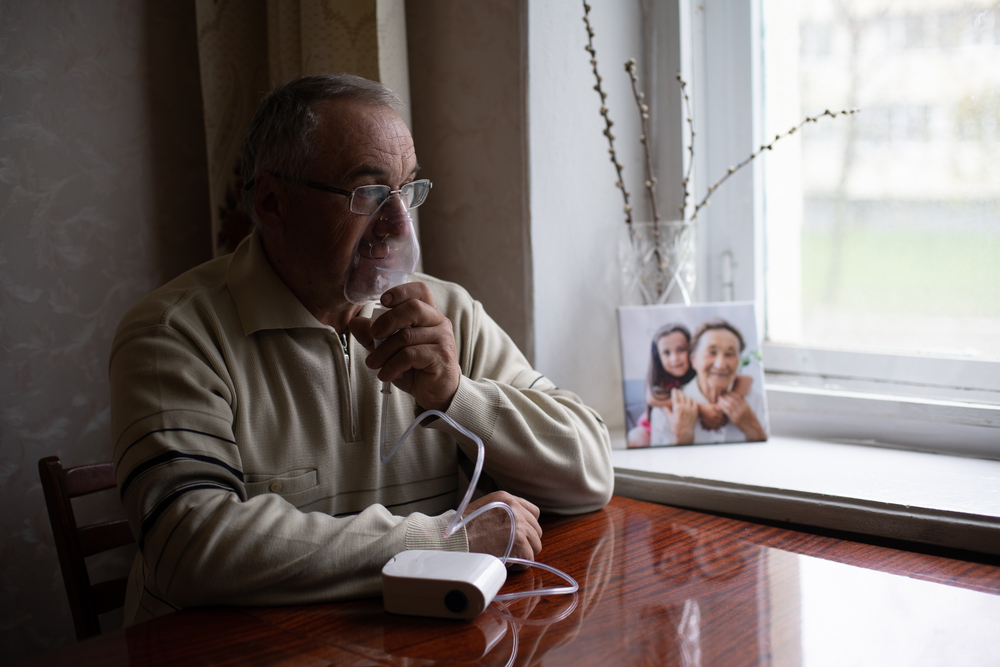Life Expectancy After Mini Stroke: Transient Ischemic Attack (TIA)
Category:

A mini stroke, or transient ischemic attack (TIA) is a brief interruption of blood flow to part of the brain, spinal cord or retina which may cause temporary stroke-like symptoms but does not damage brain cells or cause permanent disability. Mini strokes are often an early warning sign that an elderly person is at risk of a stroke, but as long as they are under the treatment of a doctor, life after a mini stroke can be almost completely normal.
How Bad is a Mini Stroke?
The prognosis after a mini stroke is generally very good. The key attribute of a mini stroke is that the symptoms resolve quickly – so quickly in fact that many people do not realize they have had one. Which begs the questions, how serious is a mini stroke?
While the mini stroke itself is not necessarily serious, the warning sign it raises to let you know you are at risk of a “full blown” stroke should be taken very seriously. Therefore if you experience any stroke symptoms, even if they only last for five or ten minutes, you should be evaluated by a doctor. 1 in 5 people who have a mini stroke will have a stroke later, and it is even more likely without treatment. It is also possible to have multiple mini strokes in a row as your body warns you that a larger stroke could happen.
The symptoms of a stroke or mini stroke can be remembered using the acronym FAST:
-
Face – Face numbness, weakness, or tingling, typically on only one side
-
Arm – Arm weakness
-
Speech – Slurred speech or difficulty finding words
-
Time – Seek emergency treatment immediately – the faster the better.
Sudden loss of vision or a severe headache can also be symptoms of a stroke. Since it is impossible to know if you are experiencing a TIA or something more serious, don’t wait to see if the symptoms go away. Seek help immediately.
Life Expectancy After Mini Stroke
While your life expectancy after a TIA, or mini stroke, is not precisely what it would be had you not had a stroke, it only decreases slightly. The more troubling fact is that you are 10 to 20% more likely to have a stroke within the next two weeks after a mini stroke, making it very important to seek medical treatment.
Working with a doctor, you can determine the likely cause of the mini stroke and react accordingly. Doctors will check for high blood pressure, high cholesterol, diabetes, and general heart and brain health. Keeping your heart healthy and engaging in physical activity are two of the best ways to prevent a stroke.
While mini strokes are not dangerous in and of themselves, they are a strong warning sign that all is not well and need to be taken seriously. Know the signs of a stroke, especially if you have an elderly loved one with a heart condition, and be ready to move quickly if you suspect one.
Subscribe
Date: 2022-11-29
Category:


